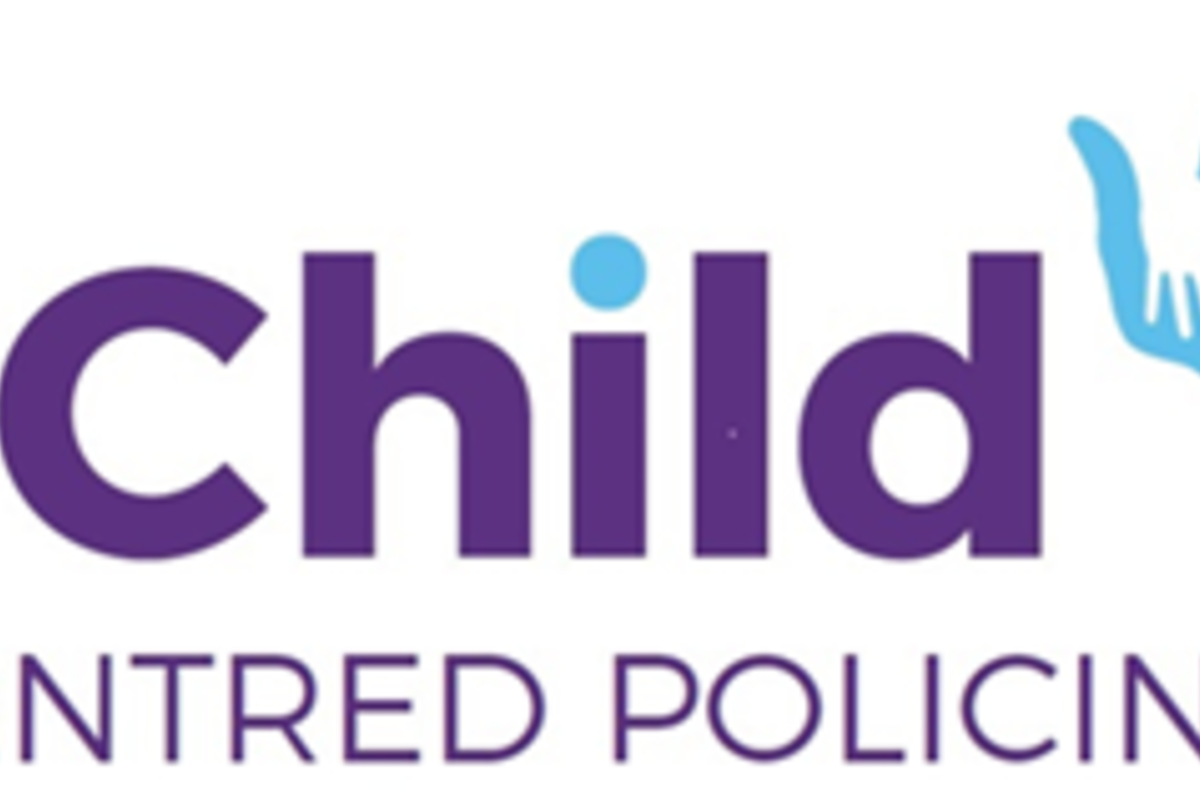
Dear Parent/carer,
Cumbria Police investigate cases daily involving children sharing explicit material over the internet and/or between mobile devices.
To explain the term sext, it is defined as, a self-generated explicit image which is sent to other young people over the internet. However, it can also include naked or indecent "selfies" sent by mobile devices.
We write to you to advise you of the risks involved in this behaviour and to ask for your support in reminding children that one click can have a massive impact on their lives and reputation.
It is vital that people are aware of the dangers of sharing explicit material online and that this could constitute a criminal offence.
Many young people do not know that if they send an indecent or naked image of themselves, they are breaking the law. The receiver of the image is also breaking the law (even if they have your consent) if they view the image and do not take positive action to delete it immediately or report it. Additionally, anyone who shares that image (even with your consent), is also breaking the law.
Potential consequences of this may be prosecution, a permanent criminal record, or even be made to register as a sex offender. A record or being a registered sex offender can stop you travelling abroad and getting into certain professions.
It is important to remember that once an image is sent out all control of where it ends up is lost and in seconds it can be shared widely amongst friends, family, and the internet. It may seem like harmless fun at the time, but it can have huge emotional consequences for those involved, leaving them vulnerable to blackmail, bullying and harm. We are seeing these impacts regularly.
From social media to online gaming, the internet plays a major role in children's lives. It is a fantastic source of information and entertainment for children, but unfortunately offenders are increasingly using the internet and technology to harm children.
Cumbria Police continue to work with education providers and children to highlight the dangers but ask if you could reinforce our message and remind your children of the useful tips below.
- Not everyone is who they say they are. It is very easy for somebody to hide their real identity online.
-
NEVER arrange to meet a person you have 'met' on the internet.
-
NEVER give out contact details to someone you have met online such as your phone number or address.
-
DO NOT give out personal details that could reveal your age, gender, or location, such as your school.
-
Change your email address if you suspect someone you have met online has access to it.
-
Tell a parent or trusted adult if you are worried about something or someone you have come across on the internet.
-
Only use moderated chat rooms to chat to your friends on, which are monitored to keep you safe.
-
Never email a photo of yourself to someone you have met online.
-
Don't believe everything you read - sometimes people don't tell the truth and will say things to manipulate you.
-
Use your common sense! If something seems wrong or makes you feel uncomfortable, you must tell a parent or another trusted adult immediately.
The NSPCC and ChildLine have produced a range of excellent online safety resources for both children and adults, including guidance on how to request the removal of an indecent image from the internet.
Cumbria’s Centred Policing Teams are here to support children and advise parents. If you have any concerns or information about sexting, then please contact police on www.cumbria.police.uk/report-it. You can also call 101 or live chat with an officer through our website.
Yours faithfully,
Cumbria Child Centred Policing Teams
North Child centred policing teams- NorthCCP@cumbria.police.uk
South Child centred policing Team- SouthCCP@cumbria.police.uk
West child centred policing team – WestCCP@cumbria.police.uk




.png)

.jpg)